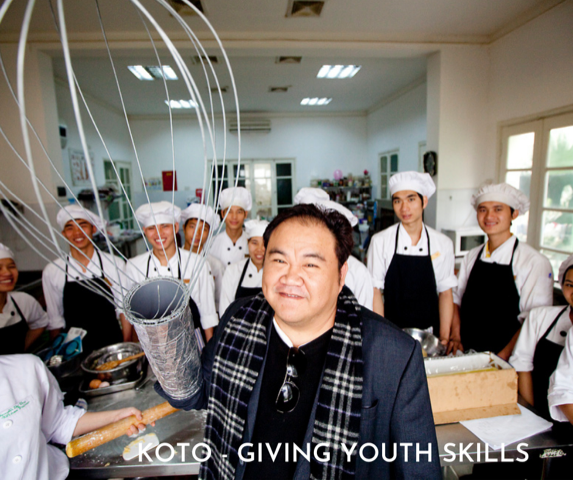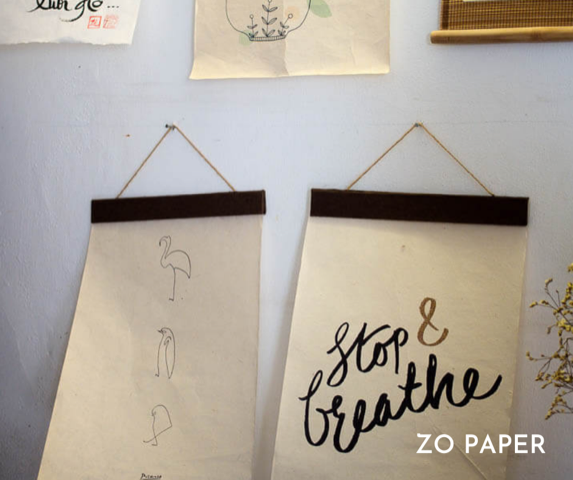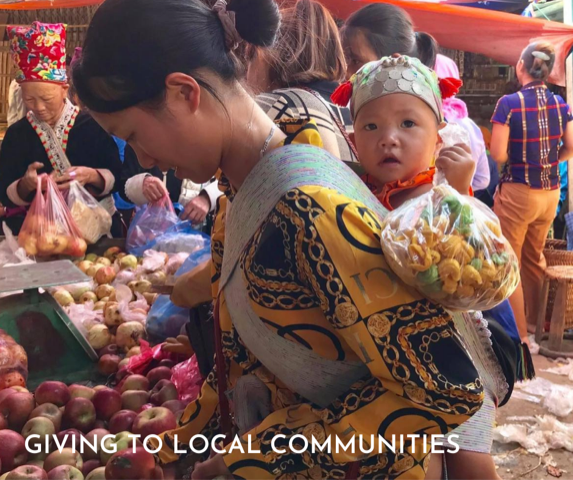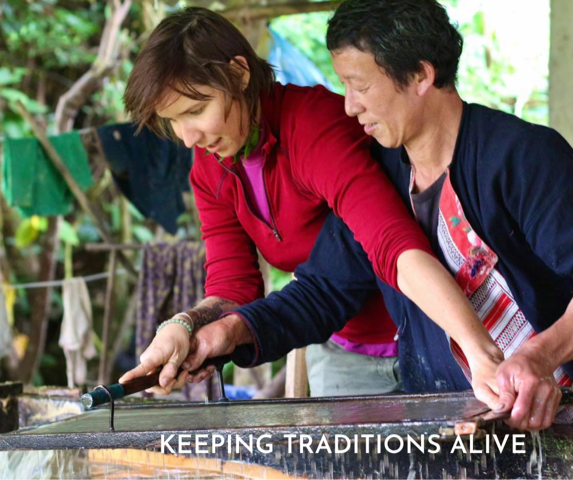Social Enterprise Travel in Vietnam
- Kerry Newsome
- Sep 1, 2021
- 5 min read
Updated: Sep 2, 2021
Social enterprise travel in Vietnam is a relatively new concept, having been awarded legal status in 2014. With the tourist market opening up in recent years, such organizations have bridged the gap between traditional and modern worlds. This helps the economy without leaving its most vulnerable people behind.
For travelers with a sense of adventure, they also offer a unique experience, away from the tourist trails. Below we’ll look at the concept in detail, as well as hear from blogger Emily Lush, who utilized social enterprise networks on her own travels in Vietnam.

Contents
(Click to go to section)
8. FAQs
What is social enterprise in Vietnam?
In Vietnam, social enterprises are organizations that reinvest at least 51% of their profit into a social or environmental cause.
As a result, social enterprise companies hold a unique place within society. They’ve made huge gains in tackling some of the country’s biggest social issues, including women’s rights, ethnic minority rights, and human trafficking.
Successful social enterprise examples in Vietnam
The list of social enterprises in Vietnam is long, but to give examples, KOTO – which operates in Hanoi and Ho Chi Minh City – is a training restaurant, working with disadvantaged youth.
Another is Zo Paper, a Hanoi enterprise focused on revitalizing the dying art of handmade paper. At present, only a handful of ethnic minority people in the north have retained this skill. Without such an enterprise, it’s unlikely to make it into the next generation.
There’s also Reaching Out Teahouse in Hoi An and Da Nang’s Happy Heart Restaurant – both established to provide work for disabled persons. Other successful examples include tour companies, souvenir shops and accommodation.
Why do social enterprises exist?
The main objective behind a social enterprise business is job creation. A huge percentage of Vietnam is made up of rural areas and farmland. Many live a way of life that’s been largely unchanged for centuries. It’s vital work, but difficult and makes little profit. Enterprises help to sustain a rural way of life whilst opening the door to new opportunities.
Others create jobs for people with physical or learning disabilities and the long-term unemployed. Social entrepreneurs always create a business with a specific goal or target group in mind.
Social enterprise funding
Setting up a social enterprise often involves external funding from outside investors. Organizations also rely on donations and grants. Given that it’s difficult for companies to be given bank loans, there’s very much a reliance on tourism in order for them to stay alive.
Nearly a quarter of the country’s social enterprises operate partially in overseas markets – by selling unique, handmade goods – and such expansion could be vital to the sector’s future.
A different experience for travellers
Social enterprise can offer a different experience for travellers, as travel blogger Emily Lush explained via our podcast.
“Because of the way it’s structured, social enterprise gives travelers a lot of opportunities…to have deep experiences, speak and learn from people firsthand.”
People travel for different reasons of course – some just to party and have a good time, and there’s nothing wrong in that. But instead of ticking off the main spots on the tourist trail, you can discover a world few travelers have partaken in.
“I was really interested in learning more about the remote communities in the north,” Emily continues. “To be able to go deeper into (off-the-beaten-track) places was very personally rewarding.”
Although Vietnam’s north hosts its capital city in Hanoi, beyond it lie villages galore and an immense mountain range, bordering both China and Laos.
In amongst the mountains and valleys, many of the country’s 54 separate ethnic minority groups are based. All have their own language, style of dress and individual culture. Emily based herself in Hanoi and used the city as a starting point for setting off on a host of rural adventures.
“Two places in particular stand out, and I visited both with social enterprise groups. One is Ha Giang, east of Sapa. It takes a long time to get there, but given the mountain roads and amazing scenery, it features a lot in photos. You can jump on a motorbike and go hustling around those dangerous roads yourself. But with the social enterprise, we were able to do tours by car, with a private driver and guide who is embedded in the local community.
I also went to Da Bac, three hours from Hanoi, and not known to tourists at all.
In Da Bac there is a project run by the NGO called Action on Poverty. I went over there to check out their homestays. They work with a network of villages, around a reservoir, and have worked with a range of families to set up homestays in beautiful, traditional wooden homes.
One thing that I did which is very memorable was take a traditional red dao herbal bath. You sit in a wooden barrel filled with water and medicinal herbs, grown in the village. You sit in the bath and soak, with a view of the rice fields outside. It was very beautiful.”
It’s worth touching on cost at this point. There are many travelers who come to Vietnam expecting everything on the cheap. It is possible to have a low-cost adventure in the country, but keep an open-mind when traveling with a social enterprise company.
Given where the money ends up – helping people in some way – you may find prices a little closer to those you’re used to back home. Although haggling is a traditional part of Vietnamese culture, buying from social enterprises is not the place to do it.
Getting involved
Anyone interested in a social enterprise experience should visit Emily’s website as a starting point for ideas.
“There’s another site called Grassroots Volunteering, which has a bit of a directory,” says Emily. “And one called CBT Vietnam. They work in Sapa and focus on homestays.”
In conclusion: the future
Prior to the pandemic, social entrepreneurship was playing an important role in making sure tourism developed in a sustainable way.
However, even prior to 2019, Vietnam’s premier tourist attractions were its cities and coastline – and there’s so much more to this beautiful country than that!
For anyone wanting a unique experience or an off-the-beaten track adventure in the future, social enterprises can enable such adventures. Be sure to take advantage of these fabulous organizations before the rest of the world catches on.
FAQs
How many social enterprises are there in Vietnam?
A British Council Study in 2019 listed 19,000 different social enterprises in Vietnam.
Where are Vietnam’s social enterprises based?
Around 50% of Vietnam’s social enterprises are based in its two biggest cities – Ho Chi Minh and Hanoi. The other half are in rural regions.
What are the main challenges for social enterprises in Vietnam?
Discounting the impact that Covid has had on Vietnam’s tourist industry, the biggest challenge is to attract new customers or clients, as well as developing new products and services.
What’s the main objective for Vietnam’s social enterprises?
For those starting a social enterprise, job creation is the main objective for 60% of organizations. On average, each social enterprise in Vietnam employs 42 direct employees, with work enabling up to 2000 people.











Comments